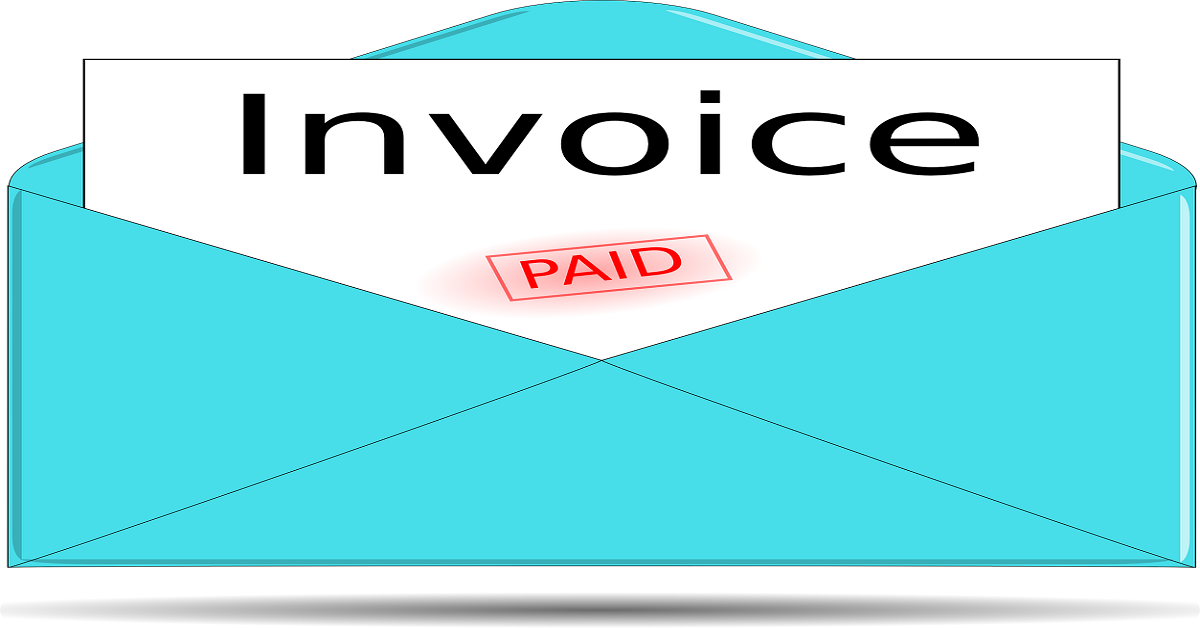What is Invoice Factoring?
Invoice factoring is a method for companies to fund their cash flow. Factoring is when businesses sell their invoices to a third party at a lower price.
How Does Factoring Work?
Factoring works in the following steps:
- A business provides goods or services to their customers as normal.
- As usual, the business invoices their customer for the goods or services provided.
- The business then sells this raised invoice to a factoring company.
- The factoring company will pay the business for the bulk of the invoiced amount straight away. This will be usually 80-90% of the value.
- Customers will then pay the factoring company directly.
- Finally, the factoring company pays the remaining amount, taking away their fees once they have received a full payment.
What Are The Advantages and Disadvantages Of Factoring?
| Advantages | Disadvantages |
| Create a better chance for survival of your business. | It is a commitment. |
| Cheaper than usual bank loans and financing. | There may be added costs. |
| Easier than bank loans. | Harder for businesses with few customers. |
| Decreases business overheads. | Must factor in relationships with customers. |
How Do Factoring Companies Calculate Fees?
Factoring companies will usually charge a 1-5% fee, however this is dependent on the following factors:
- The amount of money that is being factored.
- The risk and credit quality of the business’ customers.
- The length of the invoice terms and agreement.
- The volume of monthly receivables you would like to factor.
- The industry that you’re in.
- The amount of time that your customers take to pay the factoring company.

